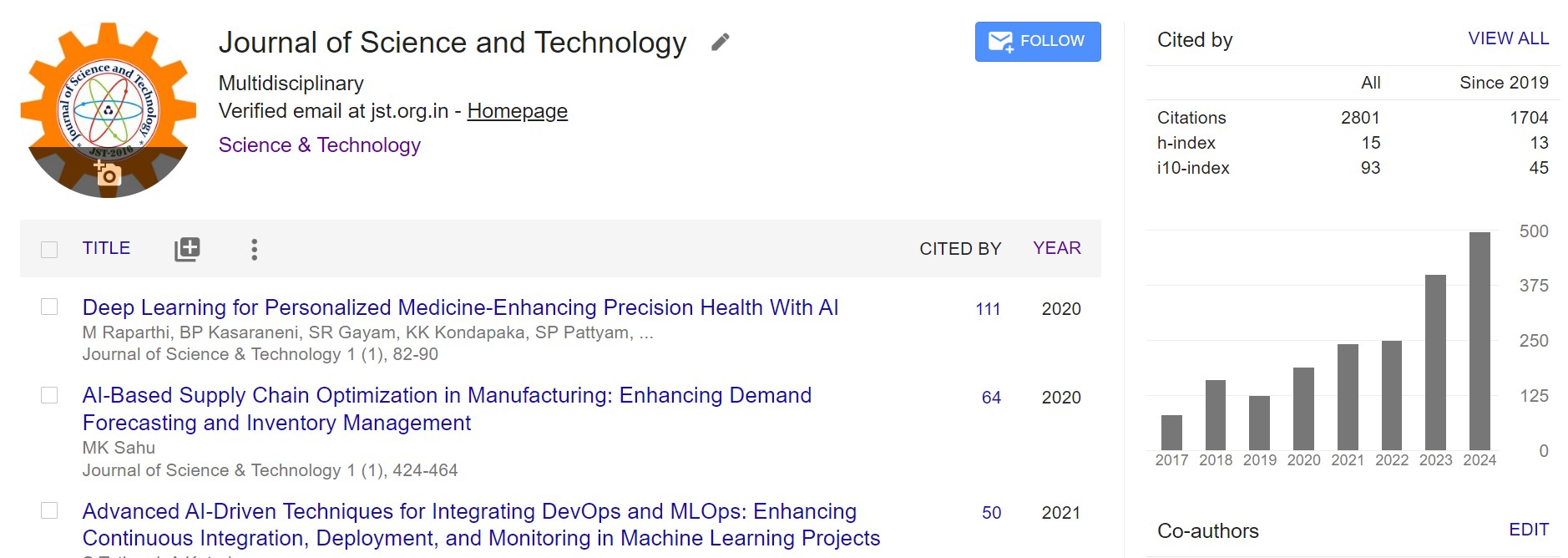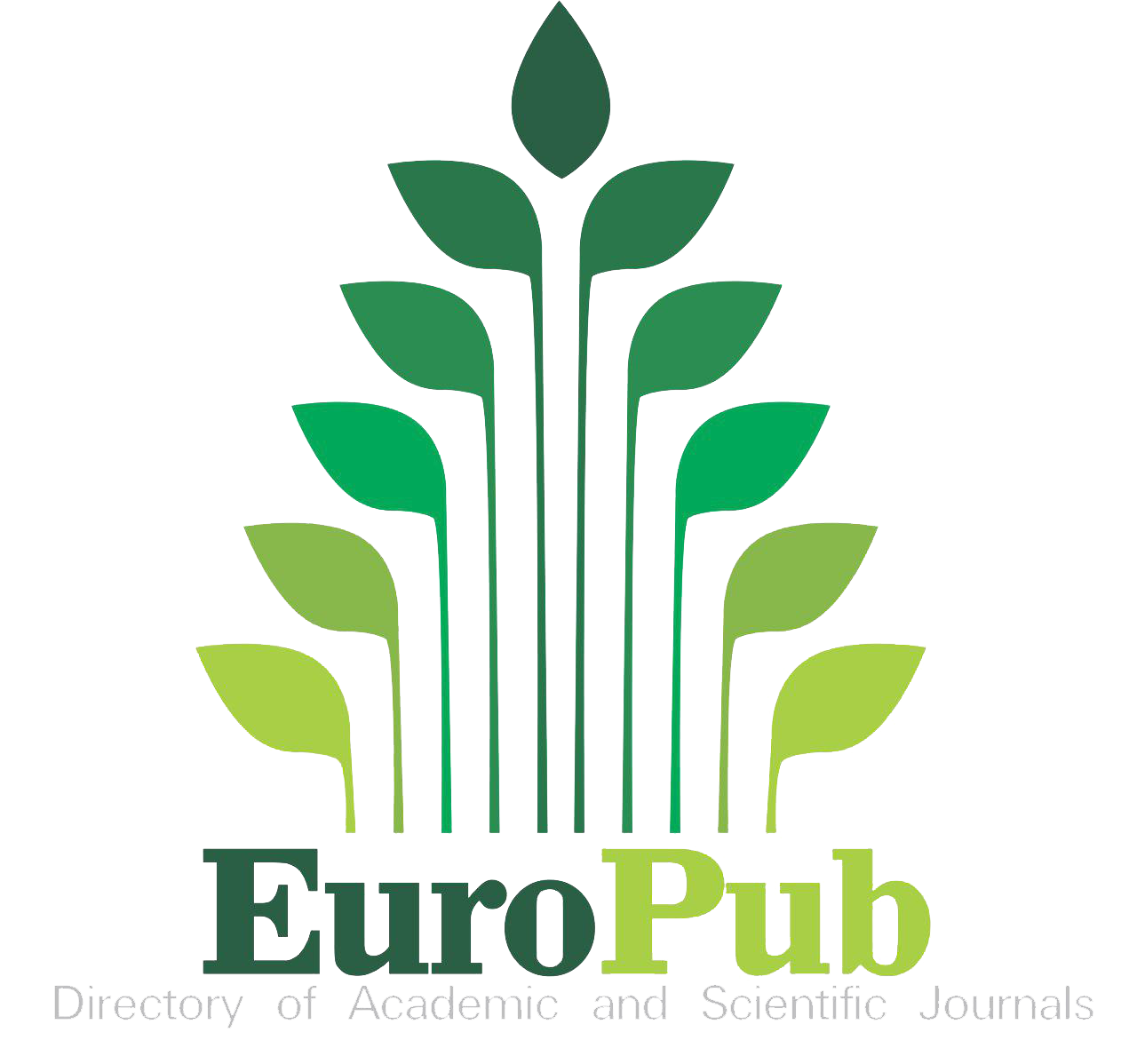Biosynthesis of Zinc oxide nanoparticles using Royal poinciana leaf extract and evaluating its biomedical potential against biological agents
DOI:
https://doi.org/10.46243/jst.2023.v8.i04.pp108-117Keywords:
Nanotechnology, Zinc oxide, Biomedical application, Biodegradable, BiocompatibleAbstract
The field of nanotechnology is concerned with numerous creations and it has various application of materials and it had a nanoscale spatial dimensioning. It possesses higher surface area to volume ratio and have analytical properties as well. Zinc is considered to be the essential element for living organisms. Several chemical and physical methods are used to prepare zinc oxide nanoparticles. By using precipitation method, the Zinc oxide Nanoparticles had been synthesized from zinc nitrate. ZnO NPs were considered to be inexpensive and relatively less toxic and it exhibits excellent biomedical applications, such as larvicidal activity, anticancer, antibacterial, anti-fungal, & anti-diabetic, properties. This study will help to understand the potential biomedical applications and its activity against biological agents. Finally, the UV- spectroscopy analysis was performed to know its concentration of the synthesized nanoparticle. The synthesized Zinc oxide nanoparticles have high biodegradable and biocompatible factor against therapeutic disease and microorganisms


























